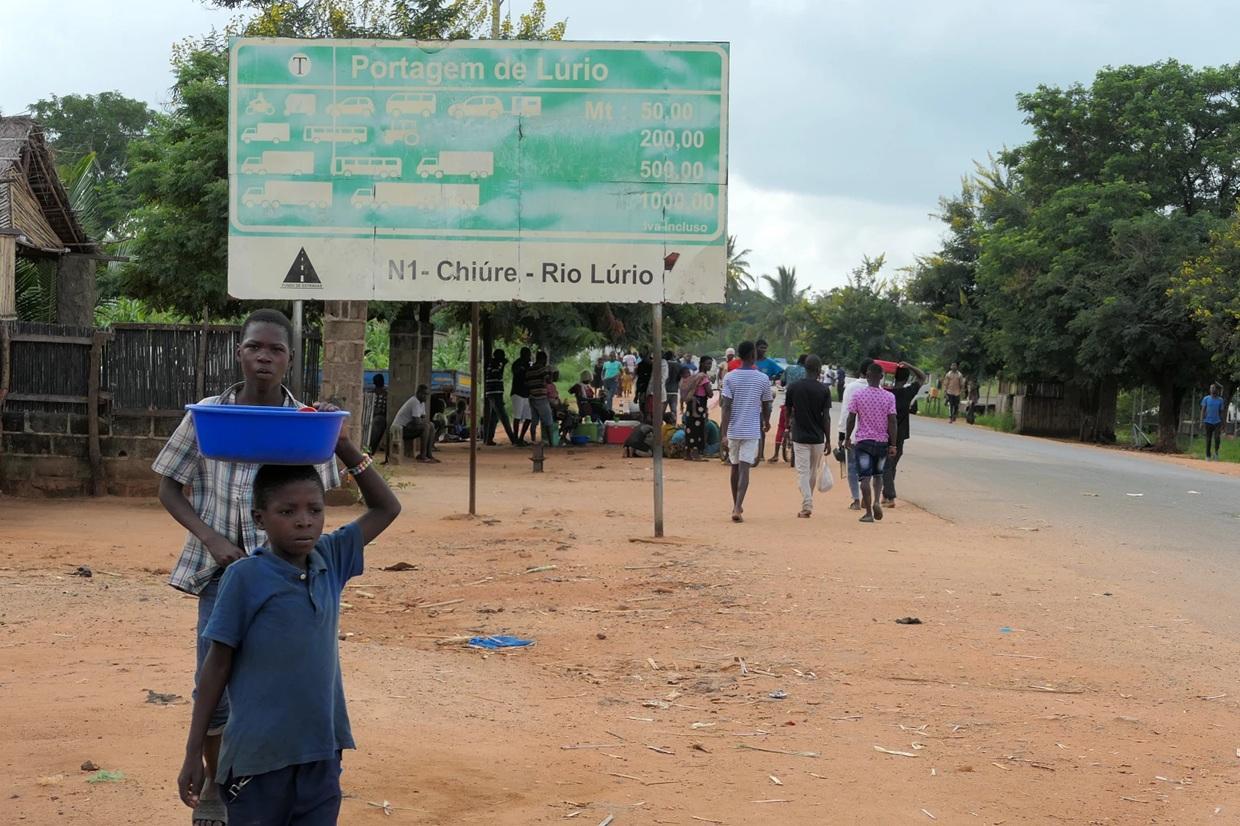Africa-Press – Mozambique. The South Korean government provided €881,000 on Friday for humanitarian assistance in Cabo Delgado, in northern Mozambique, in the face of cyclones and armed attacks by rebel groups in the province since 2017.
“This contribution is dedicated to supporting the people of Mozambique, especially those affected by terrorism and natural disasters in Cabo Delgado,” said South Korea’s ambassador to Mozambique, Bok Won Kang, when announcing the fund in Maputo.
The fund of one million dollars (€881,000) will be used by the International Organisation for Migration (IOM) in Mozambique, in districts of Cabo Delgado affected by armed attacks since 2017, and should also benefit the victims of the last three cyclones that hit the country.
The fund should contribute to “long-term solutions” and will be used for food security, resilient infrastructure, combating malnutrition, hygiene, providing drinking water, health and protecting children in vulnerable situations, according to the IOM.
“The concrete intervention will be in infrastructure and actions based on the needs of the community and it was defined this way to create the greatest level of impact possible,” said the IOM’s shelter programme manager, Dinis Zacarias, during the announcement of the fund by South Korea.
The gas-rich province of Cabo Delgado has been facing an armed rebellion since 2017, which has caused thousands of deaths and a humanitarian crisis, with more than a million people displaced.
In 2024 alone, at least 349 people died in attacks by Islamic extremist groups in the province, an increase of 36% on the previous year, according to data recently released by the Africa Centre for Strategic Studies, an academic institution of the US Department of Defence that analyses conflicts in Africa.
Mozambique is at the end of the rainy season, which runs from October to April, a period in which, in addition to Jude, cyclones Chido, on 14 December, and Dikeledi, on 13 January, killed 313 people and left a trail of destruction.
Cyclone Jude, the most recent to affect the country, entered Mozambique through the Mossuril district and claimed at least 43 lives, 41 of them in Nampula. It also affected Tete, Manica, and Zambézia in the centre and Niassa and Cabo Delgado in the north.
On 27 March, the United Nations promised to advocate with Mozambique’s government to include funding for geospatial technologies in the state budget, as they are important for reducing the impact of natural disasters.
“We can advocate for United Nations member states to invest in these geospatial technologies (…), we have to continue to raise this issue at the political level so that the [Mozambique’s] government commits to funding through the State Budget,” said the United Nations resident coordinator in Mozambique, Catherine Sozi.
Mozambique is considered one of the territories most severely affected by global climate change. During the rainy season, it experiences cyclical floods and tropical cyclones, as well as prolonged periods of severe drought.
The United Nations has announced that it needs $222 million (€196 million) this year to assist around 1.4 million Mozambicans affected by the drought associated with the El Niño climate phenomenon, noting that only $41.5 million (€37 million) of this amount, corresponding to 19%, has been disbursed.
For More News And Analysis About Mozambique Follow Africa-Press






